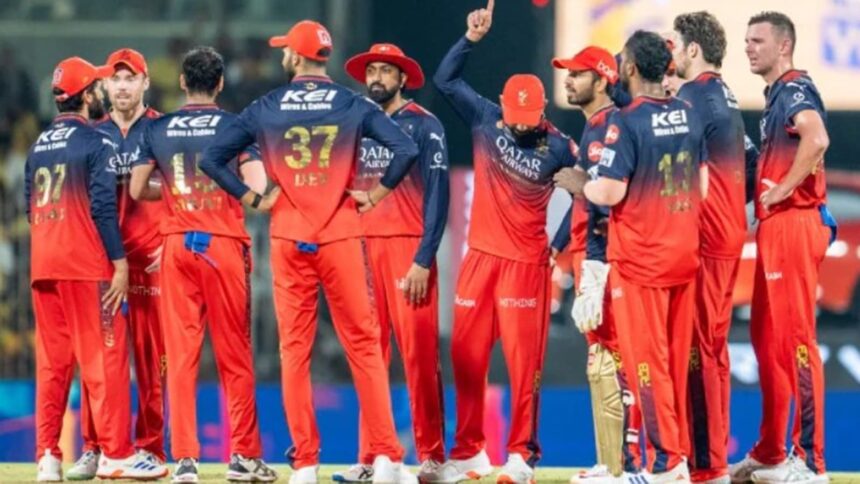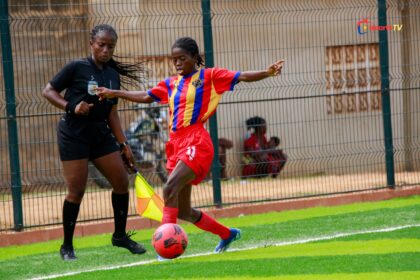The Delhi High Court Monday refused to temporarily restrain ride-hailing company Uber India from running an advertisement allegedly disparaging the trademark of Indian Premier League franchise Royal Challengers Bengaluru (RCB).
The 52-second ad by Uber India, the official ride partner for franchise (), features Australian cricketer Travis Head. In the ad, Head is seen riding an Uber bike, claiming himself to be a “Hyderabaddie”, introducing himself with a cheeky smile, and then asking “” if they were “… …ready for a headache”, a wordplay of his name. He then enters a stadium with an accomplice and uses spray paint to write “Royally Challenged” above Bengaluru on a signage.
Royal Challengers Sports Private Limited, the company that owns , had claiming that the advertisement, titled ‘Baddies in Bengaluru ft. Travis Head’, disparages its trademark.
Justice Saurabh Banerjee, who reserved the order on April 17, rejected the interim injunction application filed by RCB, noting that the advertisement does not call for any interference at this stage. He ruled that the “ad is in the context of a game of cricket, a game of sportsmanship, which, in the opinion of this court, does not call for interference”.
The court held that the ad was “one of a healthy banter and good-natured lighthearted humour without any elements of disparagement and/ or infringement”, and further opined that the ad “is at best only a creative depiction of matter(s) of fact which tries to give a taste of humour to the viewers”.
Justice Banerjee recorded that there is “no prima facie case of disparagement and/or infringement of trademark” made out by RCB, and that neither is it a case of any kind of irreparable harm, loss and injury likely to be caused to RCB if a temporary injunction is not granted in its favour.
The court opined that it “does not, and in fact cannot find anything wrong” with the “intent, manner and message” of the ad, “especially when seen with the overall spirit, or the purpose, or the context or the underlying reasoning therein”.
The court took into account that the ad is in the context of a game of cricket, a sport where the players, viewers, followers “have their own respective genre, space, devotion, bias and tolerance, as the case may be from stage to stage and time to time, depending upon the situation(s) involved, and have their own preferred manners of engagement with the game”.
“The contours of disparagement and/or infringement while dealing with an impugned advertisement relating to a game of cricket cannot be given such a restrictive meaning or viewed by a narrow spectacle,” it said.









